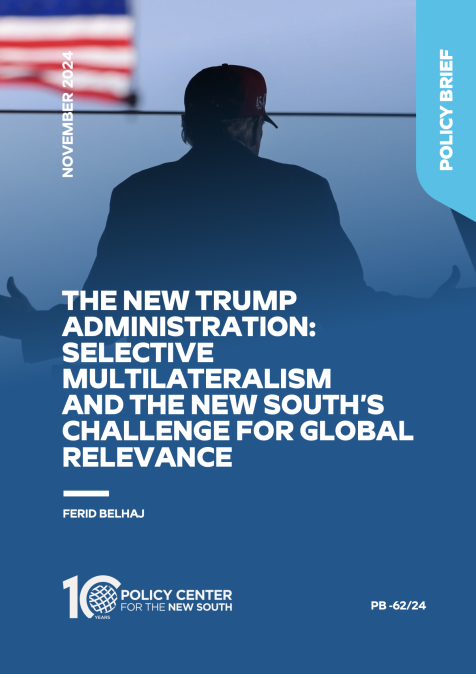Podcasts
Elections locales en Afrique du Sud : Quel avenir pour l’ANC ? Quelles sont les forces d’opposition ?
Related topics:
Ce podcast est délivré par Victor Mangani. Les élections locales organisées en août 2016 en Afrique du Sud ont été largement commentées car le résultat s’est avéré inattendu et inédit. En effet, l’ANC, parti jusqu’alors ultra-majoritaire, a seulement obtenu 54% des voix, ce qui constitue sa plus faible performance électorale depuis les premières élections libres et démocratiques, en 1994. Cette « défaite » historique a notamment profité aux deux principaux partis d’opposition Economic Freedom Fighters (EFF) et l’Alliance Démocratique (DA). Ce dernier parti se retrouve ainsi à la tête de quatre des huit municipalités métropolitaines sud-africaines (Le Cap, Pretoria, Johannesburg et Nelson Mandela Bay). Nous essaierons de comprendre les raisons de la lourde perte de suffrages subie par l’ANC, d’évaluer une potentielle alternance politique au sein du pays et de présenter les enjeux à venir pour l’ANC et pour l’Afrique du Sud.











